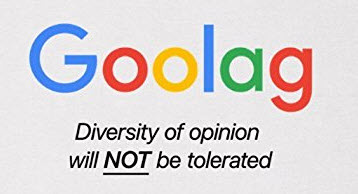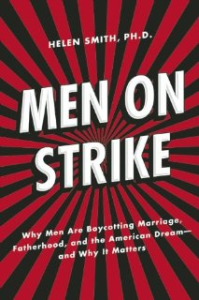An IBD editorial written by Fred L. Smith of the Competitive Enterprise Institute addresses how Fannie and Freddie are at the heart of the financial crisis.
Going back in time…
But eight years ago, when I testified before Congress that Fannie Mae and Freddie Mac’s “special privileges create a serious hazard to the market, to taxpayers (and) to the economy,” my criticism of these sacred financial entities was met with ridicule.
At the hearing on June 21, 2000, before the House Financial Services Committee, I called the government-sponsored enterprises “strange organizations, neither private- sector fish nor political-sector fowl” and said that “as a result, no one is quite sure how these entities should be evaluated or held accountable.”
I offered my opinion that the rapid growth of their debt portfolios and the new risks Fannie and Freddie were taking on — such as the purchase of various unproven mortgage instruments — “will certainly increase the likelihood of a Fannie-Freddie default.”
The typical Democratic reaction was…
“Mr. Smith, that is almost a fallacious argument,” Rep. Paul Kanjorski, D-Pa., said in pooh-poohing my testimony. He then proceeded to explain to me that the rapid growth of the GSEs’ debt holdings was nothing to worry about, because it was simply reflecting “inflation and the growth of population” and economic growth itself. “Everything, proportionately, is that much larger.”
Similarly, then-Rep. Marge Roukema, R-N.J., touted the complex capital rules governing the GSEs, saying that “very few banks or S&Ls could, even in this day and age, even now, meet the stress-testing requirements which Fannie and Freddie are required to meet.”
And Rep. Carolyn Maloney, D-N.Y., offered a fairly typical response from GSE defenders to my concerns about the long-standing line of credit of $2 billion from the Treasury Department. “It is really symbolic, it is obsolete, it has never been used,” she declared.
She asked, “Would you explain why it would be important to repeal something that seems to be of little use?”
I answered that “as long as the pipeline is there, it is like it is very expandable.” Then, in what even I thought might be a reach, I added, “It is only $2 billion today. It could be $200 billion tomorrow.”
“Tomorrow,” of course, arrived early this month.
As they say, read the whole thing!









